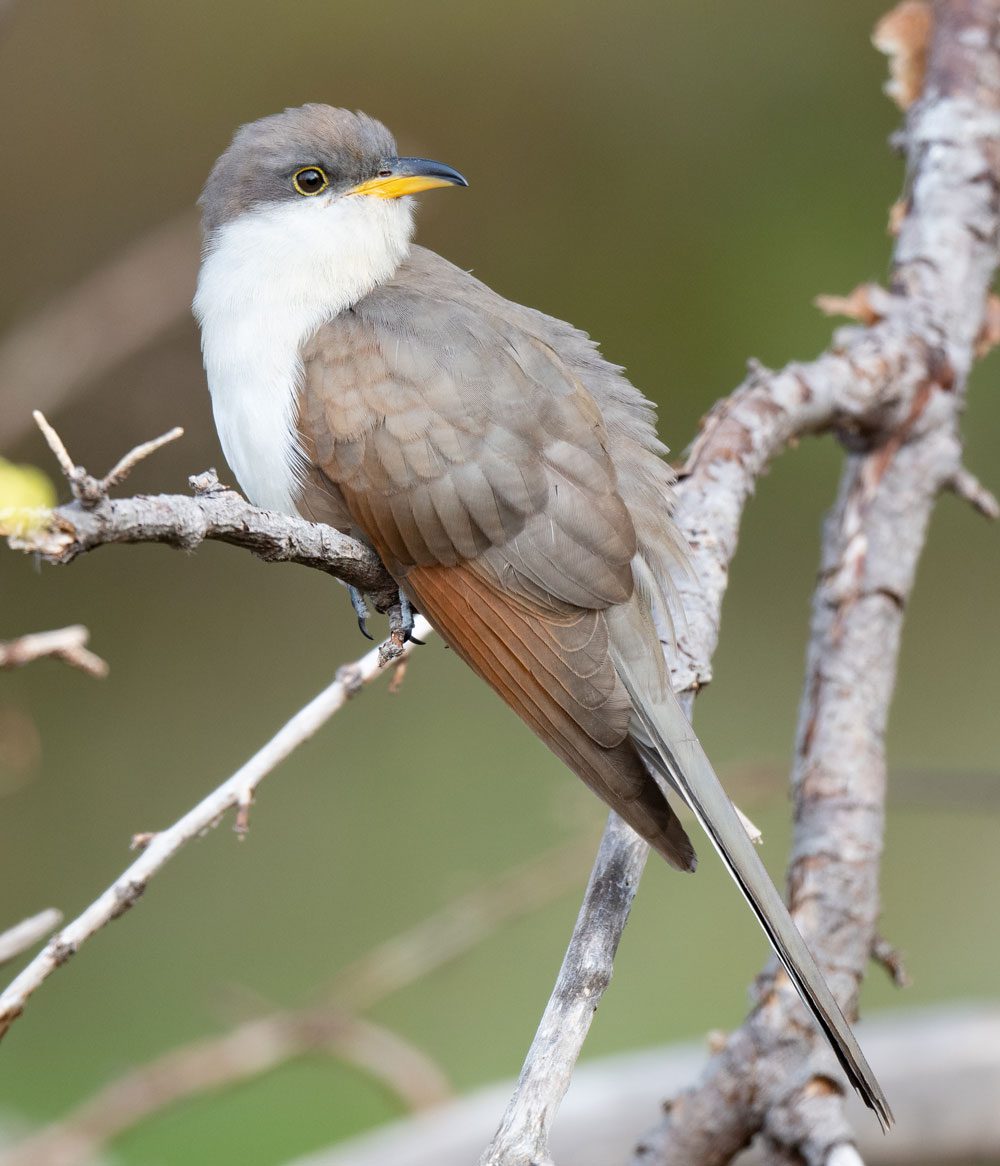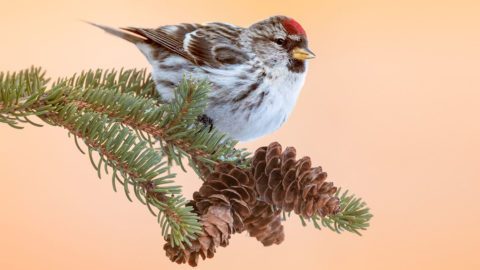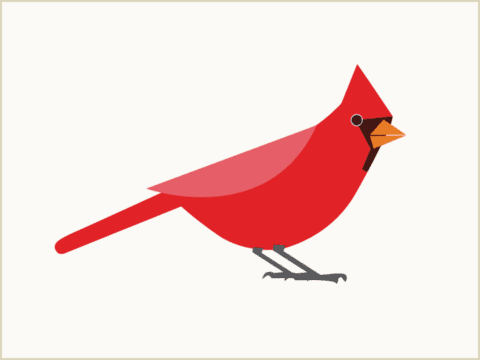Bird-Safe Lighting Installed on Thousands of U.S. Communication Towers
By Winny Sun
January 9, 2020
From the Winter 2020 issue of Living Bird magazine. Subscribe now.
Over the past two years, 2,700 communication towers in the United States have upgraded their lighting systems—from steady-burning to flashing lights—in an effort to reduce bird mortalities. Past research has shown that more than 6 million birds die every year from crashing into lighted communication towers.
“These birds, namely migratory species such as Yellow-billed Cuckoos and Blackpoll Warblers, are attracted to and disoriented by the steady-burning red lights on towers,” said Steve Holmer, American Bird Conservancy vice president of policy. “Simply turning off the lights can reduce a tower’s rate of bird mortality by as much as 70% and save the tower operators money.”
For several years, various conservation groups petitioned the Federal Aviation Administration, which regulates tower lighting, to address the problem. Finally in 2007, the American Bird Conservancy, Forest Conservation Council, and Conservation Council for Hawaii filed and won a lawsuit against the FAA, requiring the agency to upgrade tower-lighting guidelines and minimize avian fatalities while ensuring flight safety for planes.
Since the new FAA guidelines came out in 2015, communication towers with the old lighting configurations have been making the change. So far, more than 2,700 of 13,900 tall communication towers in the U.S. have transitioned to the new flashing-lights system.
“Through science, and applications of the law, and through talking with the industry, it is possible to come up with solutions that conserve birds. Because the companies also save money and energy, in this case, it’s a real win-win,” the American Bird Conservancy’s Holmer said. “At the rate we are going, I think we are going to have all of them done in two or three years.”
Winny Sun is a student editorial assistant. Her work on this story was made possible by the Cornell Lab of Ornithology Science Communication Fund, with support from Jay Branegan (Cornell ’72) and Stefania Pittaluga.
All About Birds
is a free resource
Available for everyone,
funded by donors like you
American Kestrel by Blair Dudeck / Macaulay Library



